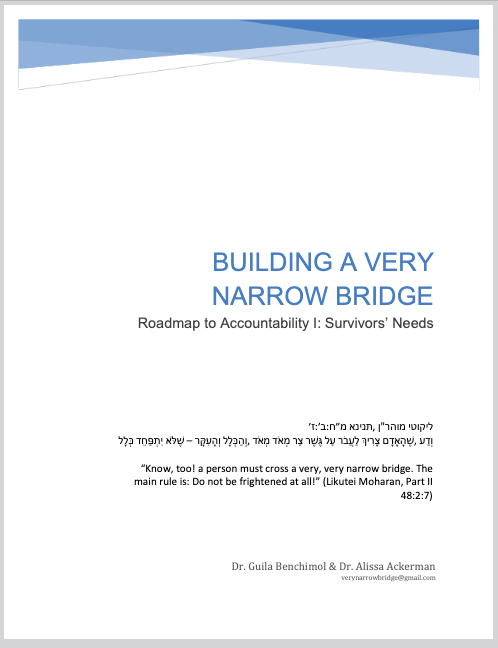The Union of Reform Judaism (URJ) is in the middle of a restorative justice effort around various forms of misconduct. They released a message for Yom Kippur this year talking about how they will “make amends for the harms endured by victims/survivors” who have experienced “bullying, harassment, discrimination, sexual misconduct, abuse, and more” in URJ congregations and related programs.
This follows the release and online publication — in full, with no redactions — of a third party investigation into misconduct in the URJ. That report was followed by a restorative justice effort which focused on survivors’ needs. This restorative justice effort began with a written report summarizing a long series of interviews with victims/survivors of misconduct. Additional efforts aimed at meeting the needs of survivors is ongoing through 2023.
The Unitarian Universalist Association (UUA) should follow the URJ’s lead. Just like the URJ, we need a third party to compile as full a report as possible on the decades of misconduct, especially (but not limited to) sexual misconduct, much of it perpetrated by clergy or other persons in power. A UUA report, like the URJ report, needs to name names. And it needs to be published on the UUA website with no redactions.
Then the UUA should follow the URJ’s lead and carry out restorative justice aimed at meeting the needs of victims/survivors. In the past, the UUA’s efforts to address misconduct have, all too often, minimized the impact on the misconductors at the expense of victims/survivors. To give just one example: when Rev. Jason Shelton was disciplined by the Ministerial Fellowship Committee, he was granted the privilege of writing an explanatory email that was sent by the UUA to all UU ministers and congregations; but the alleged victim was not given that privilege.
The UUA took a baby step towards restorative justice when they finally published a chronological list of ministers removed from fellowship. But soon — in a classic example of how the UUA considers the needs and feelings of alleged misconductors more than the needs and feelings of victims/survivors — the UUA changed the list. Now there are two lists on one webpage, one list for ministers removed from fellowship, and one list for the ministers who resigned from fellowship rather than face charges. The message to misconductors is clear — if you get caught, just resign from fellowship, and you get put on the less damning list. And if you resign from fellowship, the Ministerial Fellowship Committee will drop your case and never adjudicate it. Worse yet, from what I’ve seen, male sexual misconductors in particular are carefully protected from having their misdeeds brought to light, while their victims/survivors are tossed to the curb.
I sincerely doubt that anyone in the hierarchy of the UUA (and it is a hierarchy) has the gumption to propose a process like that the URJ has undertaken. For example, can you imagine the UUA publishing a report that names Saint Forrest Church as an alleged sexual misconductor? Neither can I. Patriarchy is still alive and well in the UUA.
As I read the URJ report of their interviews with survivors/victims, this passage stood out for me: “Again and again [the authors of the URJ report say], we heard that the most harmful institutional betrayal is the disjuncture between the direct and indirect harms that occurred despite the stated values the URJ seeks to uphold. One said, ‘You don’t practice what we [in the URJ] preach’…”
I wish we in the UUA would follow the URJ’s lead. Would that we, too, would attempt to practice what we preach.

